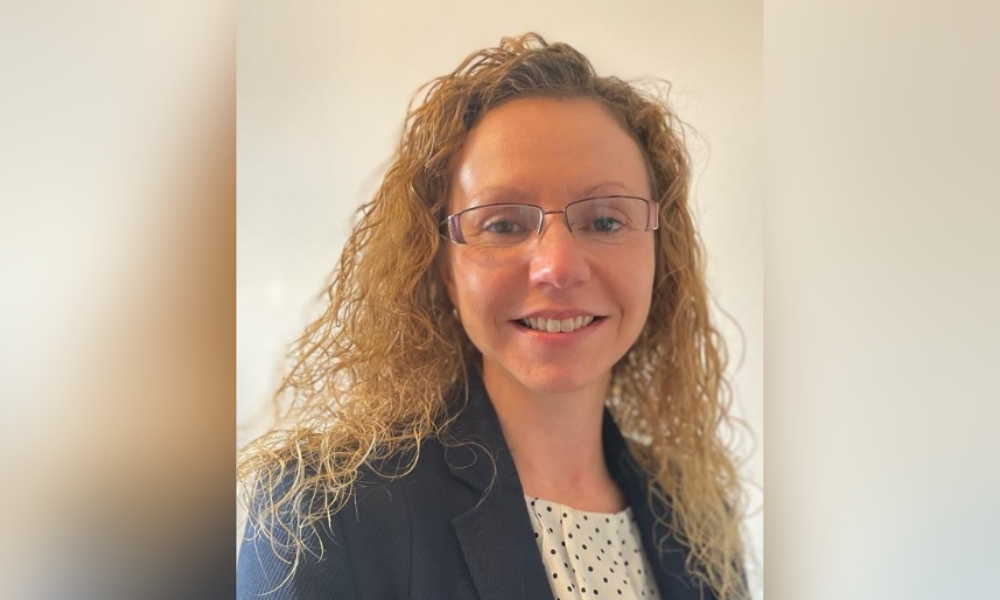Surge in longer-term mortgages raises concerns over financial strain for aging homeowners

More UK borrowers are turning to 35-year or longer mortgage terms, a trend that is leaving many facing the prospect of repaying loans well into their retirement years.
Newly released Freedom of Information (FOI) data from the Financial Conduct Authority (FCA), analysed by wealth manager Quilter, showed the trend is particularly notable among borrowers aged 36 and over, with figures indicating a significant rise in long-term borrowing among this demographic.
In the first nine months of 2024 alone, 22,103 mortgages with a term of 35 years or more were issued to individuals over the age of 36. This represents a higher total than any full year since 2018. Over the past five years, there has been a 156% rise in the number of older borrowers taking on extended loan terms, according to Quilter’s analysis.
These longer repayment periods mean borrowers could still be paying off their loans well into their 70s. For example, a 36-year-old taking out a £250,000 mortgage with a 35-year term at the current Bank of England base rate of 4.75% would face monthly repayments of approximately £1,145. By the time the loan is fully repaid, they would be at least 71 years old — three years beyond the UK’s current state pension age.
Quilter noted that while the full state pension for the 2025/26 tax year is set at £221.20 per week (around £960 per month), it is unlikely to cover a mortgage repayment alongside basic living costs.
“The sharp increase in the number of mortgages sold to individuals over the age of 36 with a 35-year term in the UK highlights growing concerns about housing affordability, rising interest rates, and changing socio-economic trends,” commented Karen Noye (pictured), a mortgage expert at Quilter.
“Demographic and societal shifts mean that many people are purchasing their first homes much later in life. The average age of first-time buyers has steadily risen, reflecting the challenges of saving for deposits in a high-cost living environment. For older buyers, longer terms help ease affordability constraints but come with significant trade-offs.”
Noye warned of the potential consequences of this trend, saying that borrowers taking on longer terms could face financial pressure in retirement, especially if they have not planned for mortgage repayments alongside other expenses.
“Retirees on fixed incomes may find it challenging to manage mortgage payments alongside other living costs, particularly if they have not accounted for this in their retirement planning,” she said.
Additionally, the extended loan terms result in higher total interest costs, increasing the overall expense of homeownership. This could impact borrowers’ ability to save for retirement or meet other financial goals. Noye also highlighted broader concerns for the economy, suggesting that a generation retiring with outstanding mortgage debt could strain state support systems or lead to increased downsizing in the housing market.
Despite the risks, Noye noted that extended mortgage terms can offer flexibility, particularly for those who can make overpayments.
“Certain types of mortgage products allow you to make overpayments, which could help to make repayments past retirement age more manageable,” she explained. “Overpaying can also help to reduce the amount of interest paid by decreasing the overall term length.
Noye emphasised the importance of seeking professional financial advice, especially for those who are considering committing to a mortgage for 35 years or more.
“A financial planner can help them find the best mortgage product for their circumstances and consider their finances in the round to ensure they have the flexibility to overpay should they wish to,” she added. “At the same time, the financial adviser can help them plan for a comfortable retirement with the finances available to afford their mortgage repayments.”
Want to be regularly updated with mortgage news and features? Get exclusive interviews, breaking news, and industry events in your inbox – subscribe to our FREE daily newsletter. You can also follow us on Facebook, X (formerly Twitter), and LinkedIn.



